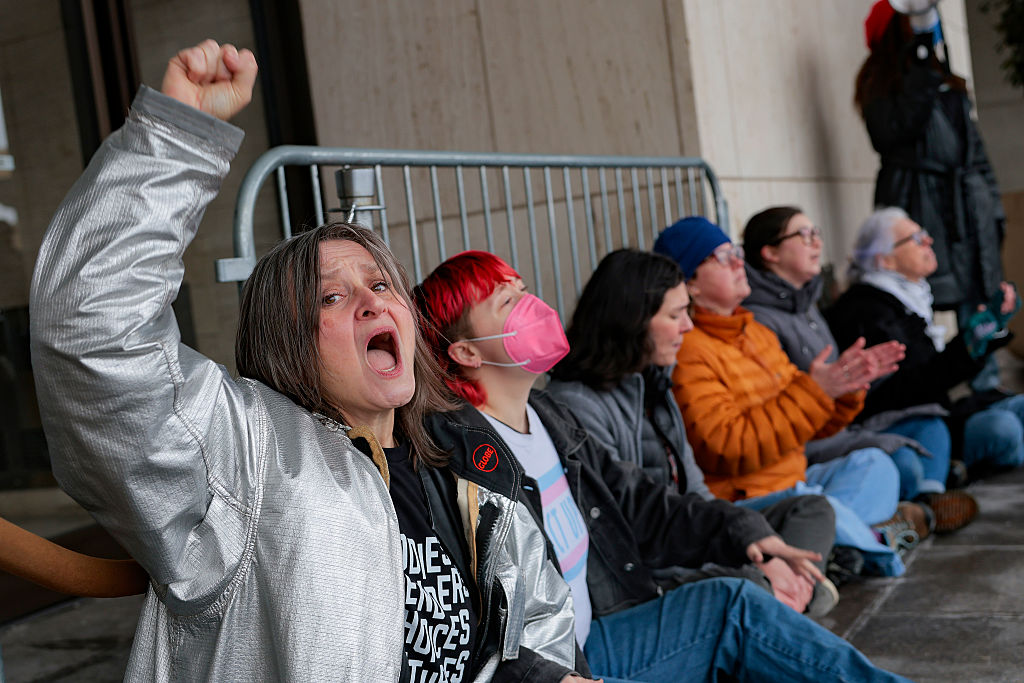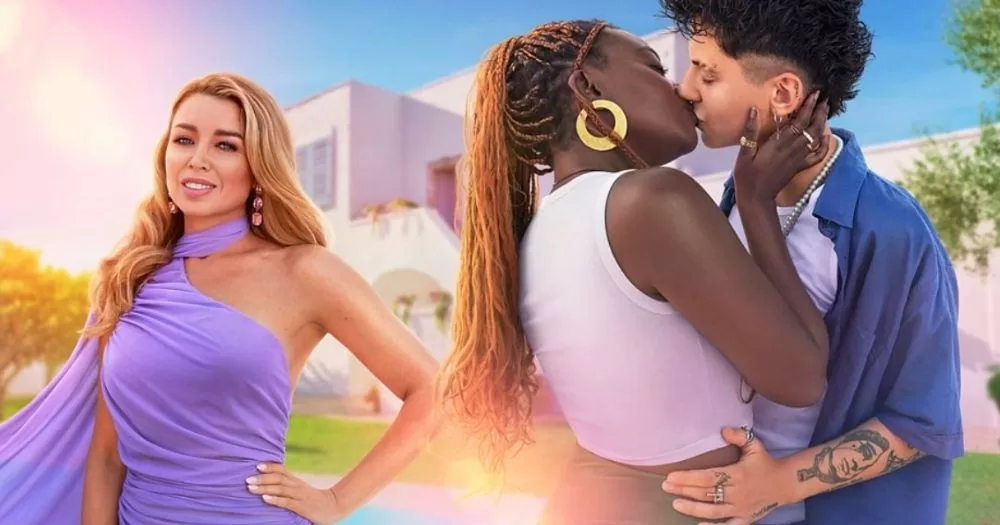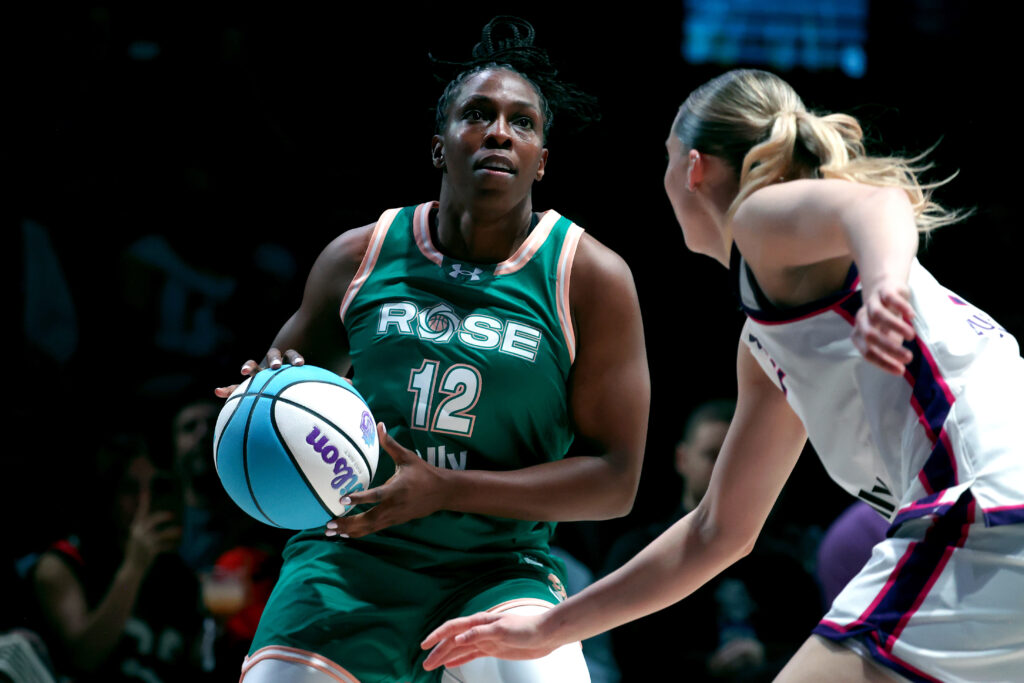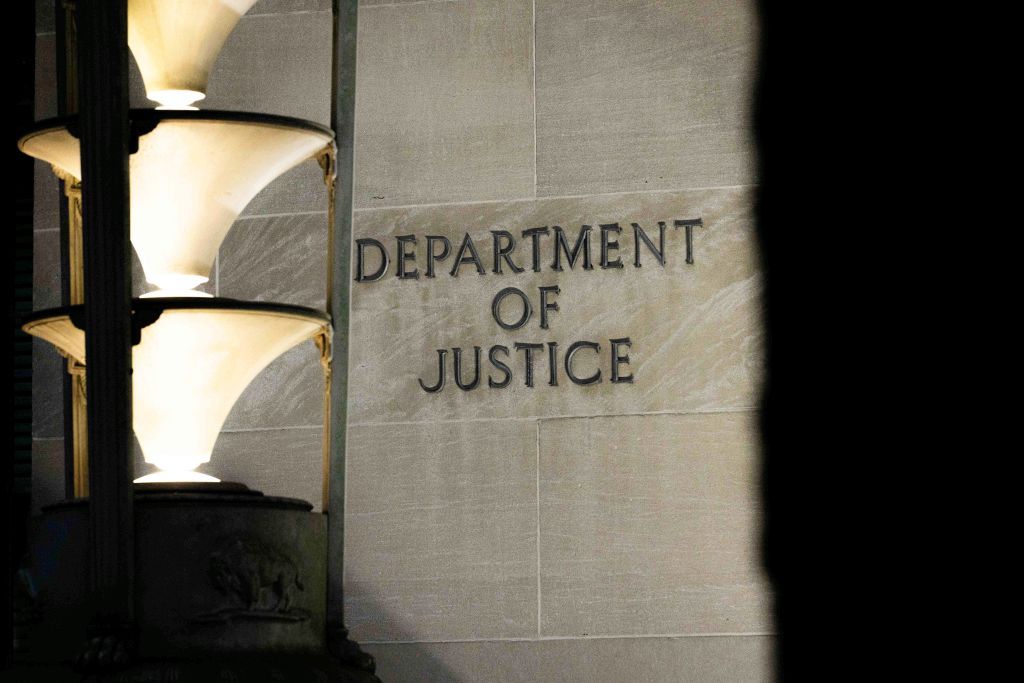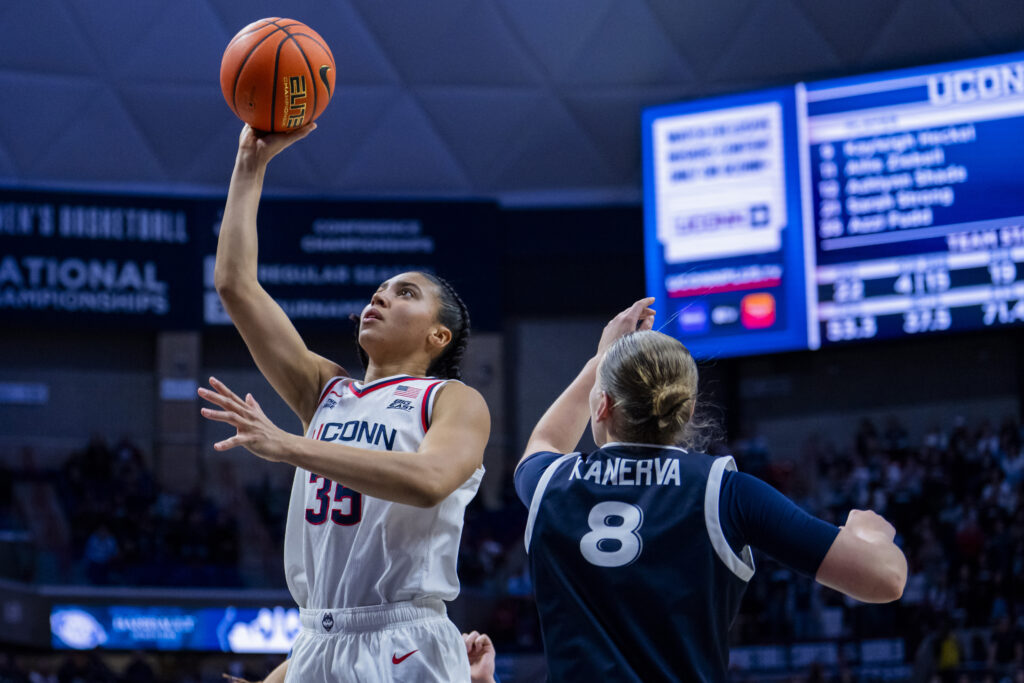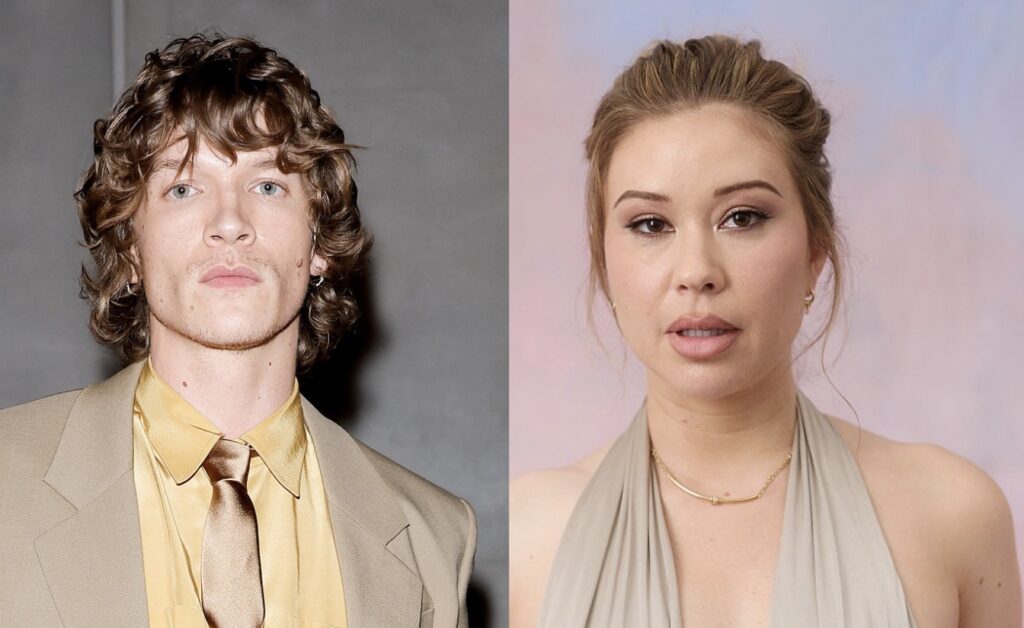How Queer Youth Homelessness Prepared Me for the Trump Presidency
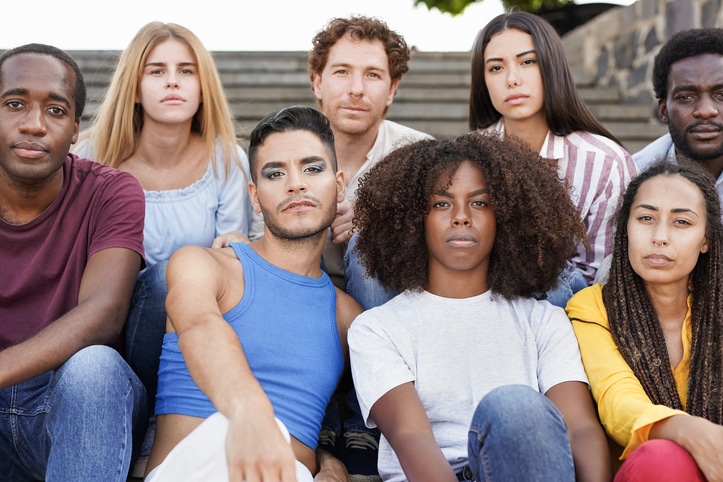
Fear has always been part of my daily life. So has the determination to thrive despite it.
“Your parents didn’t deserve you, but we protect each other,” my new friend assured me. I was homeless, couch surfing my way through my senior year of high school. It was 2002. A group of us were puppy-piled together on a threadbare couch of a youth center. We were throwaway runaway kids in our newfound punk armor of work pants, flannel, and band shirts. That winter, we held each other close the way our families never would again.
I was only 17, but had already learned one of the most important lessons of my life: my biological family was not going to keep me once they learned who I was. It was other queer people who would take take of me, and I of them.
When Bush was elected in 2004, I was sitting in a punkhouse watching an old TV with rabbit ears antennae. My friends and I sat together in a huddled panic. Some of us then hit the streets in protest, others started writing zines and making art. There was a collective terror, but also a sense of connection, that we were in this together and we weren’t going to go down without a fight. The Reagan-era (and older) queers who mentored, and ultimately, raised us, taught us that nobody has any obligation to love or protect us, and certainly no government would.
Then it happened again. Our lives and bodies were on the ballot in 2016, but this time, I was an adult, serving as the program director of an LGBTQ homeless youth drop-in program in New York City. I had been up all night crying, and the next morning had to deliver a policy training about how to support youth experiencing homelessness. I remember being on the subway, New Yorkers looking stunned and dazed, all of us peering nervously at each other, how could this have happened?
But when I got to the drop-in center, the kids already seemed to be bouncing back from the blow. Just like the punks I had grown up with, these kids seemed uniquely capable of holding both the horrors of the moment, and the need to not give up. It was the homeless kids I saw comforting others, and also making concrete plans for their individual and collective queer futures. This moment was devastating but it was not the first time their lives had fallen apart, and their hard-earned resilience shone through. Sure, one could argue it’s because they had the most going on outside of politics: where they were going to spend the night, accessing necessary services, applying for housing, etc. But I think there was more to it.
Homeless queer punks taught me how to love each other, imperfectly with a kind of loyalty that runs deep. They taught me that we had to protect each other from our parents. We taught each other to get powers of attorney and name each other as family when the government didn’t recognize us as anything other than strangers (p.s. if you haven’t done that, do it now), and how to build homes and families together. Queer youth homelessness taught me never to take anything for granted because tomorrow is not promised for any of us. It also taught me that nothing is more precious than this life—fragile and often under attack—but made resilient and magical through the imperfect beauty of queer community. I saw those homeless kids learning those same lessons in real time, showing more resilience than most of their adult counterparts.
Our bodies and lives were on the ballot once again this year, and my queer family (the majority of them formerly unhoused) and I watched the election results roll in on TV and collapsed into each other. The weight of everything happening came crashing down. We had been so ready to celebrate.
When my friends went home, I crawled into bed with my dogs and buried myself under stuffed animals. An author friend on the East Coast was just waking up as I was forcing myself to go to bed for a few hours. We reminded each other that it was time to get to work, that queer stories mattered more now than ever. We were scared, we were holding each other. We also knew it was time to get to work to make the new world we were finding ourselves in as queer as possible, for as long as we are able to.
I grabbed my laptop and started writing. Since being kicked out as a teenager, I’ve learned that when my world falls apart, I have two choices: lay down and die (not an option) or pick up the pieces and create something that helps us all feel less alone.
I know that being silent will not protect me now, but the stories I create might help someone feel a little less alone. At 17, I lost everything to live authentically as myself. I committed to living my life giving back to the queer community that saved me. As a full-time writer, I’ve already had editors from wonderful mainstream publications tell me they can’t hire me to write queer stories—at least for now—because they’ve been instructed to avoid anything deemed “too political.” That now includes the existence of queer people. Is this scary? Absolutely. But I came of age as a queer punk zinester. When the mainstream is too afraid, we’ve always gotten creative—publishing our own stories, music, and books. This is part of our queer legacy, and it’s prepared us for the world we find ourselves in now.
While I can’t and never would speak for everyone who has experienced homelessness, there is a resilience forged from necessity that I think positions me to roll with this terrifying collapse. Living through destruction is a theme of my life that has been repeated over and over since I was a small child. Fear has always been part of my daily life. So has the determination to thrive despite it.
When I say we know how to survive this, and that being a homeless queer kid taught me how, I don’t mean I expect to come through unscathed. Queerness cost me my home and my first family. It has never been safe, but it has always been worth it. In this frightening political climate, I’m drawing on those lessons—leaning into community, accepting the danger, and continuing the fight.







